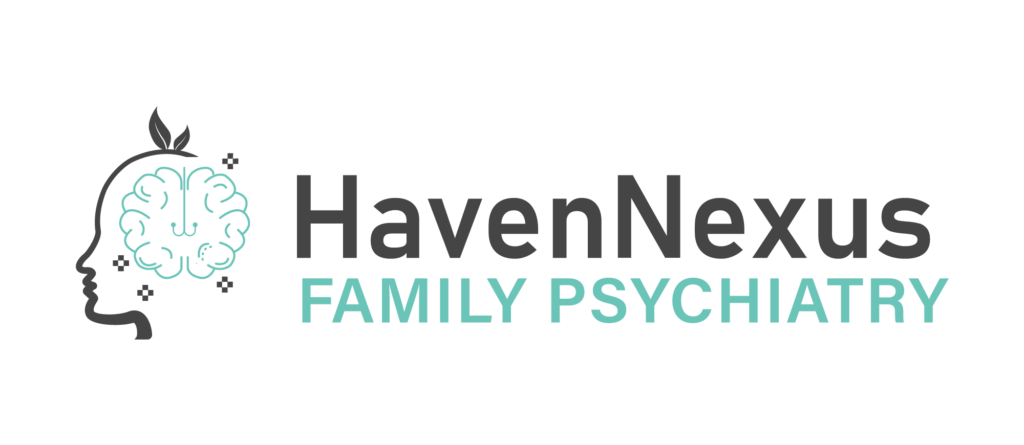Depression is a serious mental health condition that affects millions of people worldwide. It can impact every aspect of life, from personal relationships to professional performance. Recognizing the signs of depression and learning how to cope with it effectively are essential steps toward mental well-being. This guide will help you understand the symptoms of depression and provide practical strategies for managing it.
Recognizing Depression
Depression is more than just feeling sad or having a bad day. It is a persistent condition that can last for weeks, months, or even years. Here are some common symptoms:
Emotional Symptoms
- Persistent sadness or low mood
- Loss of interest in activities once enjoyed
- Feelings of hopelessness, worthlessness, or guilt
- Irritability or frustration
Physical Symptoms
- Changes in appetite or weight
- Fatigue or low energy
- Sleep disturbances (insomnia or excessive sleeping)
- Aches and pains without a clear physical cause
Cognitive Symptoms
- Difficulty concentrating or making decisions
- Memory problems
- Recurrent thoughts of death or suicide
If you or someone you know experiences several of these symptoms for more than two weeks, it may indicate depression, and seeking professional help is advised.
Coping Strategies for Depression
While professional treatment is often necessary, there are various strategies you can incorporate into your daily life to help manage depression.
1. Seek Professional Help
Therapy and counseling can provide valuable guidance in understanding and managing depression. Cognitive Behavioral Therapy (CBT) and other evidence-based approaches can be particularly effective. In some cases, medication prescribed by a psychiatrist may be necessary.
2. Maintain a Healthy Lifestyle
- Regular Exercise: Physical activity releases endorphins, which can improve mood and reduce stress.
- Balanced Diet: Eating nutritious foods can support overall well-being and energy levels.
- Adequate Sleep: Establish a consistent sleep schedule to enhance mental and emotional resilience.
3. Build a Support System
Talking to friends, family, or support groups can help alleviate feelings of isolation. Surround yourself with positive and understanding individuals who can offer encouragement and assistance.
4. Practice Stress Management Techniques
- Mindfulness and Meditation: Engaging in mindfulness practices can help regulate emotions and reduce anxiety.
- Deep Breathing and Relaxation Exercises: These techniques can help calm the mind and body during stressful moments.
- Engaging in Hobbies: Activities such as reading, painting, or music can provide a mental escape and a sense of accomplishment.
5. Challenge Negative Thoughts
Depression often leads to negative thinking patterns. Learning to reframe these thoughts and focus on positive aspects of life can improve mental outlook. Keeping a gratitude journal or practicing positive affirmations may help shift your perspective.
6. Set Small, Achievable Goals
Overwhelming tasks can worsen depressive feelings. Breaking tasks into smaller steps and celebrating small achievements can boost motivation and confidence.
7. Avoid Unhealthy Coping Mechanisms
Turning to alcohol, drugs, or excessive screen time as an escape can worsen depression in the long run. Aim for healthy alternatives that support emotional stability.
When to Seek Emergency Help
If you or someone you know is experiencing suicidal thoughts, it is crucial to seek immediate help. Contact a crisis hotline, speak with a trusted person, or visit a medical professional as soon as possible.
Final Thoughts
Depression is a challenging but manageable condition. By recognizing the signs and implementing coping strategies, you can take proactive steps toward improving your mental health. If you or a loved one is struggling, remember that help is available, and recovery is possible. Seeking support is a sign of strength, not weakness.
If this guide resonates with you, consider sharing it with others who might benefit from it. Raising awareness about depression is the first step toward creating a more supportive and understanding society.


